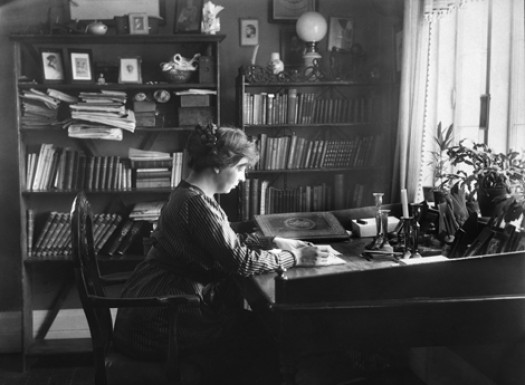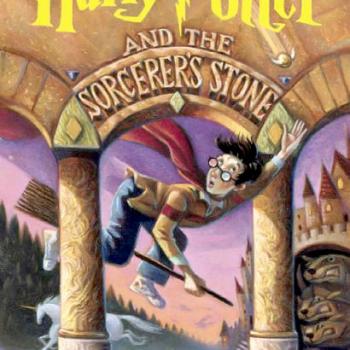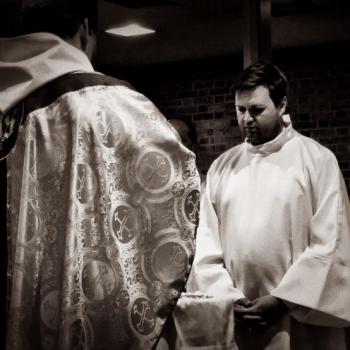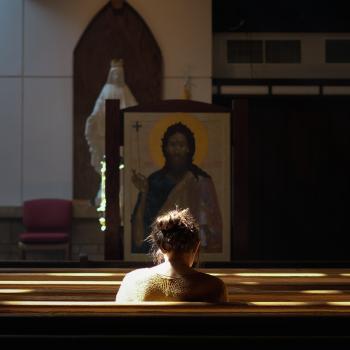
Years ago, when the great Harold Ross was editing the New Yorker, he’d pore over writer’s manuscripts and if there was a name he didn’t understand or a person he felt wasn’t properly identified, he’d scribble in the margins two words: “Who he?”
When Elizabeth Scalia told me she was writing a new introduction to a book by Sigrid Undset, I had the same reaction: “Who he?” Never heard of him.
Well, the “he” is actually a she, and now I know better, because Elizabeth writes about her this week:
Raised by progressively-minded atheists, Undset realized while still a teenager that ideologies and their accompanying “isms” gave inadequate measures of the world and humanity, always narrowing truth precisely at the point where what is required is a broadness of understanding and the oxymoronic-sounding “bold nuance” of genuinely small-c catholic thinking. Sketching her autobiography for some editors in 1940, Undset wrote, “[World War I] and the years afterwards confirmed the doubts I always had about the ideas I was brought up on—(I felt) that liberalism, feminism, nationalism, socialism, pacifism, would not work, because they refused to consider human nature as it really is.”
Sigrid Undset’s life was a heavy one, and it seems if she could not have joy, she was determined to have light; unwilling to live her life in ideological self-containment, it is not surprising that Undset would eventually come to call the Catholic church “home,” or that she would credit the saints with delivering her to its doors. Undset’s fiction is populated with vividly drawn characters—people of action whose narratives are built very precisely upon “human nature as it really is,” including the propensity for doubt and regret. To discover genuine men and women living boldly—not excused from those same propensities yet mysteriously delivered of them in the promise of a life in and with Christ, must have been for Undset a moment of staggering, irresistible illumination.
I can’t do justice to it. Just go over to Elizabeth’s joint and discover for yourself what makes Undset so compelling and timely— even now, decades after her death. She had a lot to say — not unlike The Anchoress, really — and a lot that we need to consider in our own age.











